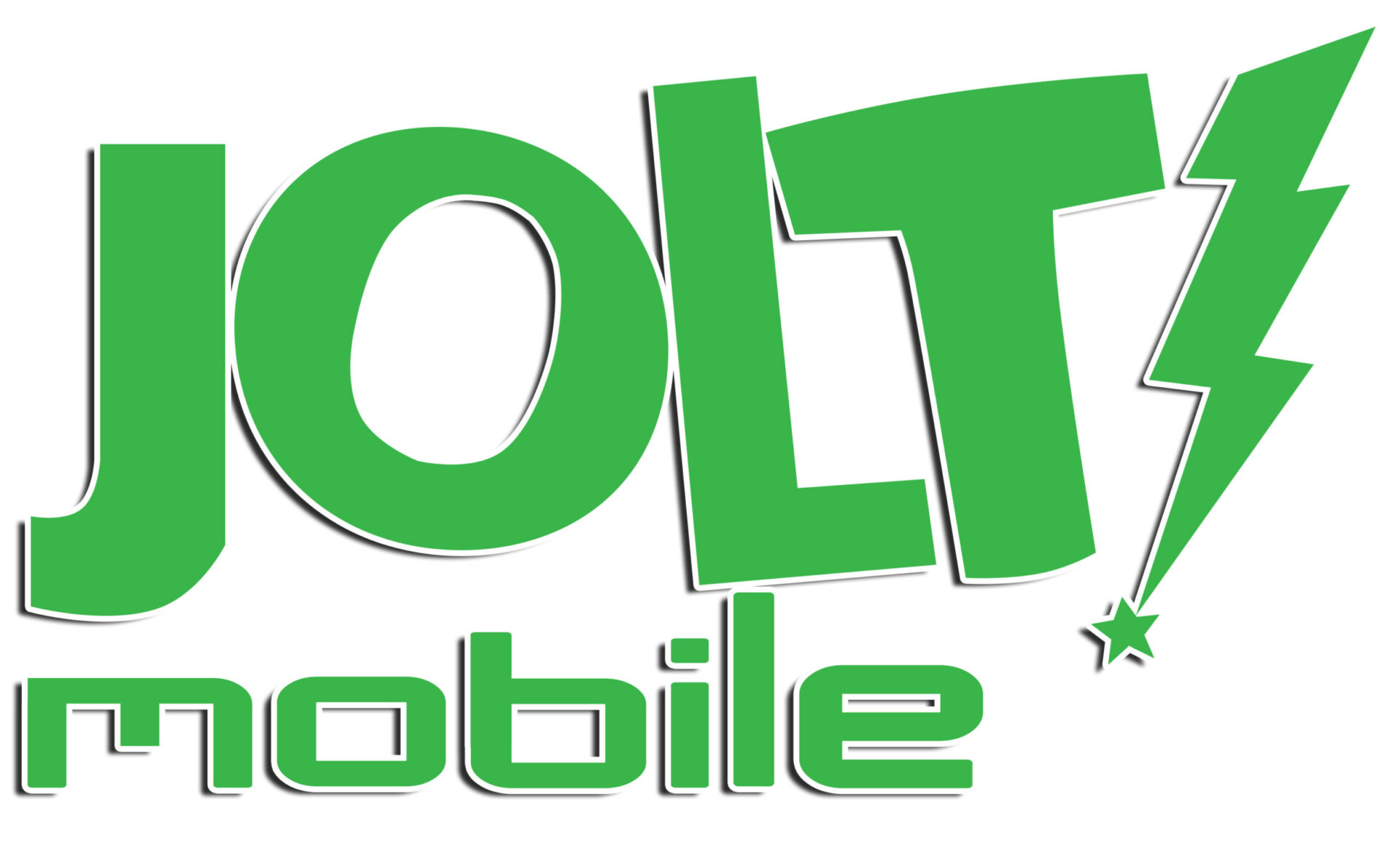In this article, we’ll cover:
- What is an eSIM?
- How eSIMs Work
- Benefits of Using eSIMs
- Devices Compatible with eSIMs
- How to Activate an eSIM
- eSIM vs. Physical SIM Cards
- Security Features of eSIMs
- Future of eSIM Technology
- Frequently Asked Questions About eSIMs
What is an eSIM?

Even if you aren’t tech-savvy, chances are you’ve at least heard of a Subscriber Identity Module (SIM) card. These small cards located in your phone help you connect to your wireless carrier’s network and use your plan.
Now, embedded SIM cards (eSIMs) are in the spotlight. An eSIM is a digital version of the physical SIM card, identifying your device virtually to provide network connection. It’s programmable remotely via software and is built into newer smartphones, meaning you wouldn’t have to purchase a new SIM card if you wanted to swap phones or wireless carriers.
eSIMs are used in tablets, smartwatches, drones, and even cars. They are essentially space-saving game-changers for connectivity. If you’re looking for data-only plans for your eSIM-enabled devices, Jolt Mobile has you covered.
How eSIMs Work
A SIM card is a subscriber identity module required in all GSM, LTE, and 5G devices. It’s a chip that holds your customer ID and details of how your phone can connect to its mobile network.
SIMs started out around the size of a postage stamp but have been getting smaller over the years as device makers reclaim more space inside their gadgets for other electronics. An eSIM takes the circuitry of a SIM, solders it directly to a device’s board, and makes it remotely reprogrammable through software.
This means you can download the necessary data to your device via the internet, activate your eSIM, and connect to your network in a completely virtual way. No more fiddling with tiny physical SIM cards!
Benefits of Using eSIMs
Flexibility and Convenience
One of the standout benefits of using an eSIM is the flexibility it offers. You can add plans, add a new number, and even connect to a different carrier without needing a physical SIM card.
For example, you can test out T-Mobile’s network for free before you switch, while still keeping your current phone number and carrier. This level of flexibility is unmatched by traditional physical SIM cards.
Dual Lines on a Single Device
If your device is equipped with eSIM, you can have both work and personal lines hooked up to the same device. This gives you the convenience and control to toggle between those lines straight from your phone, saving you money because you don’t need two separate devices.
For businesses, this can be a game-changer. Employees can easily manage work and personal communications on a single device, streamlining operations and reducing costs.
International Travel
If you’re traveling internationally, you no longer need to buy a second physical SIM card when you arrive at your destination. eSIMs let you easily add an international plan to your device that starts working the moment you arrive in another country, giving you hassle-free flexibility.
This is especially useful for frequent travelers who need to stay connected without the headache of managing multiple physical SIM cards. With Jolt Mobile’s international data plans, you can stay connected globally with ease.
Simplified Connectivity
For many eSIM-compatible devices, you don’t have to order a SIM card or go into a store to get one. It’s simple to download eSIM over WiFi, then activate it so you can start using your device quickly and securely on your network.
This streamlined process makes it easier than ever to get connected, whether you’re setting up a new device or switching carriers.
Devices Compatible with eSIMs
All the major mobile device manufacturers have eSIM phones, but not all models are eSIM compatible since this is newer technology. Apple iPhones, including iPhone XS and newer, Google Pixel devices, the Motorola Razr 5G, and Samsung Galaxy devices are all eSIM enabled. You can see all eSIM-enabled phones here.
Smartphones
- Apple iPhones: Nearly all iPhones since the iPhone X support eSIM, with the US-bound iPhone 14 and iPhone 15 series supporting eSIM exclusively.
- Google Pixel: Phones from the Google Pixel 6, 7, 8, and Fold series support eSIM.
- Samsung Galaxy: Devices from the Samsung Galaxy S21, S22, S23, and Z Fold/Flip 3, 4, and 5 families support eSIM.
- Motorola: Newer high-level phones from Motorola, including the Edge and folding Motorola Razr and Razr, support eSIM.
- OnePlus: The OnePlus 11 and OnePlus Open also support eSIM.
Tablets and Laptops
- Apple iPads: Apple iPads have a great eSIM interface, where you just pick your provider and plan from an on-device menu.
- Samsung Galaxy Tab: The Samsung Galaxy Tab S9 5G also supports eSIM.
- Laptops: Some laptops from Acer, Asus, Dell, HP, Lenovo, Samsung, and Microsoft support eSIM.
If you have an eSIM-compatible device, consider Jolt Mobile’s 4G data SIM plans to get the most out of your device’s connectivity capabilities.
How to Activate an eSIM
There are a few different ways to convert to eSIM, depending on if you have an iPhone, Samsung, or Motorola device. How you activate it also depends on if you’re new to a network, upgrading/replacing your device, or bringing a prepaid device.
Using a Provider’s Menu
The simpler way to program your phone with an eSIM is to pick your provider from an on-device menu or through a downloadable app and sign up for a plan that way. This method is straightforward and user-friendly, making it a popular choice for many consumers.
Using a QR Code
The more complex way involves using a carrier’s website to generate a QR code or having the carrier email you a QR code. You then scan that QR code with a feature in the settings menu of your phone.
This is less convenient, but some carriers prefer it because it requires fewer changes to their own systems. A QR code-based system also works on more phones than an app, which may work only on one OS or phone model.
If you need help activating your eSIM, check out Jolt Mobile’s FAQ for step-by-step guides and troubleshooting tips.
eSIM vs. Physical SIM Cards
Convenience
With eSIMs, you don’t need to go to a store, wait for the mail, or fiddle with a tiny chip. You can change your wireless carrier, data, or service plan through software. On eSIM devices, you can go to a menu or take a photo of a QR code to change your carrier or service plan on the fly.
Flexibility
On phones such as the iPhone 14 and 15, you can store up to eight eSIM profiles with any two active at the same time. This gives you an incredible amount of freedom to switch carriers on the fly.
Downsides
There are some minor consumer downsides, though. With eSIMs, it’s harder to switch one plan between devices—you can’t just swap the physical card—and they can make it harder for you to temporarily remove your SIM if you don’t want to be tracked by a carrier.
Security Features of eSIMs
One of the significant advantages of eSIM technology is its enhanced security features. Since the eSIM is embedded into your device and cannot be physically removed, it adds a layer of protection against theft. If your device is stolen, you can disable the eSIM remotely, preventing unauthorized access to your network and personal information.
Additionally, eSIMs can be reprogrammed remotely, which means that in the event of a security breach, your carrier can update the eSIM’s software to patch vulnerabilities without needing you to replace the SIM card physically. This remote management capability is a major advantage over traditional physical SIM cards.
Future of eSIM Technology
The future of eSIM technology is promising. As more devices become eSIM compatible, the convenience and flexibility offered by eSIMs will likely become the standard for wireless connectivity.
Qualcomm has already shown off its integrated SIM (iSIM), which builds the SIM module into its Snapdragon 8 Gen 2 system on a chip (SoC). While that SoC can be found in a lot of flagship phones like the Galaxy S23 Ultra, that device did not ship with an iSIM. However, it may just be a matter of time before iSIM becomes the regular choice of handset and tablet makers.
Integration with 5G
5G supports many more devices per square mile, which has gotten the industry excited about activating a lot of little, tiny objects with 5G—sensors, drones, and smart meters, for example. These are exactly the kinds of Internet-of-Things devices that tend to use eSIM, for size and convenience. So eSIM will become more common in the 5G era.
As 5G networks continue to expand, eSIM technology will play a crucial role in enabling the seamless connectivity of a wide range of devices. Jolt Mobile’s coverage map shows the extensive reach of their network, ensuring you can take advantage of eSIM and 5G capabilities in more places.
Frequently Asked Questions About eSIMs
What is an eSIM?
An eSIM is a digital version of the physical SIM card, identifying your device virtually to provide network connection. It’s programmable remotely via software and is built into newer smartphones.
How do I activate an eSIM?
You can activate an eSIM by picking your provider from an on-device menu or through a downloadable app. Alternatively, you can use a QR code provided by your carrier to activate the eSIM.
What are the benefits of using an eSIM?
eSIMs offer flexibility, convenience, enhanced security, and the ability to have dual lines on a single device. They also simplify international travel by allowing you to add an international plan easily.
Are there any downsides to using an eSIM?
With eSIMs, it’s harder to switch one plan between devices—you can’t just swap the physical card—and they can make it harder for you to temporarily remove your SIM if you don’t want to be tracked by a carrier.
As eSIM technology continues to evolve, it’s clear that it will play a significant role in shaping the future of wireless connectivity. With its convenience, flexibility, and security features, eSIM is poised to become the new standard for connecting devices to mobile networks.
If you’re ready to embrace the future of wireless connectivity, consider Jolt Mobile’s eSIM-compatible plans to get the most out of your devices. With their extensive coverage, competitive pricing, and commitment to customer service, Jolt Mobile is the perfect partner for your eSIM journey.

